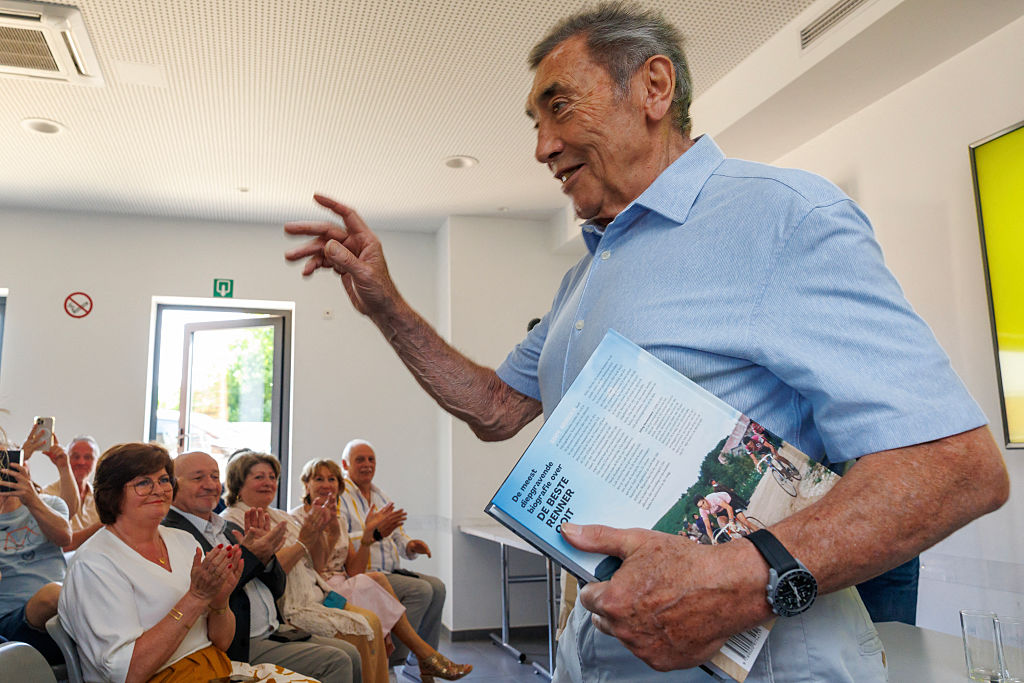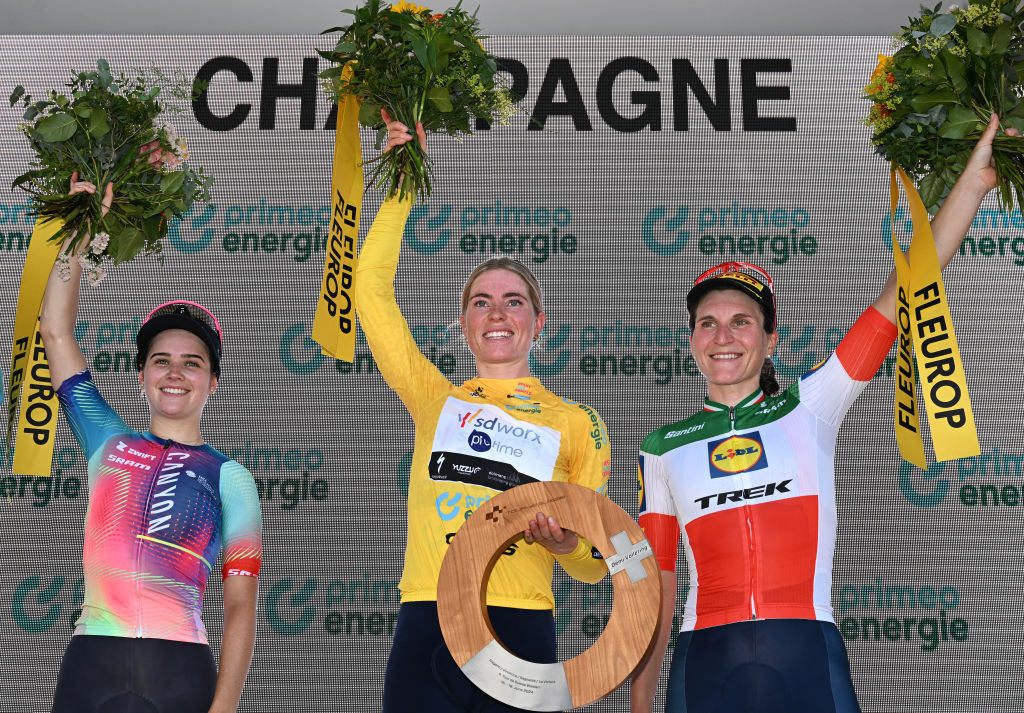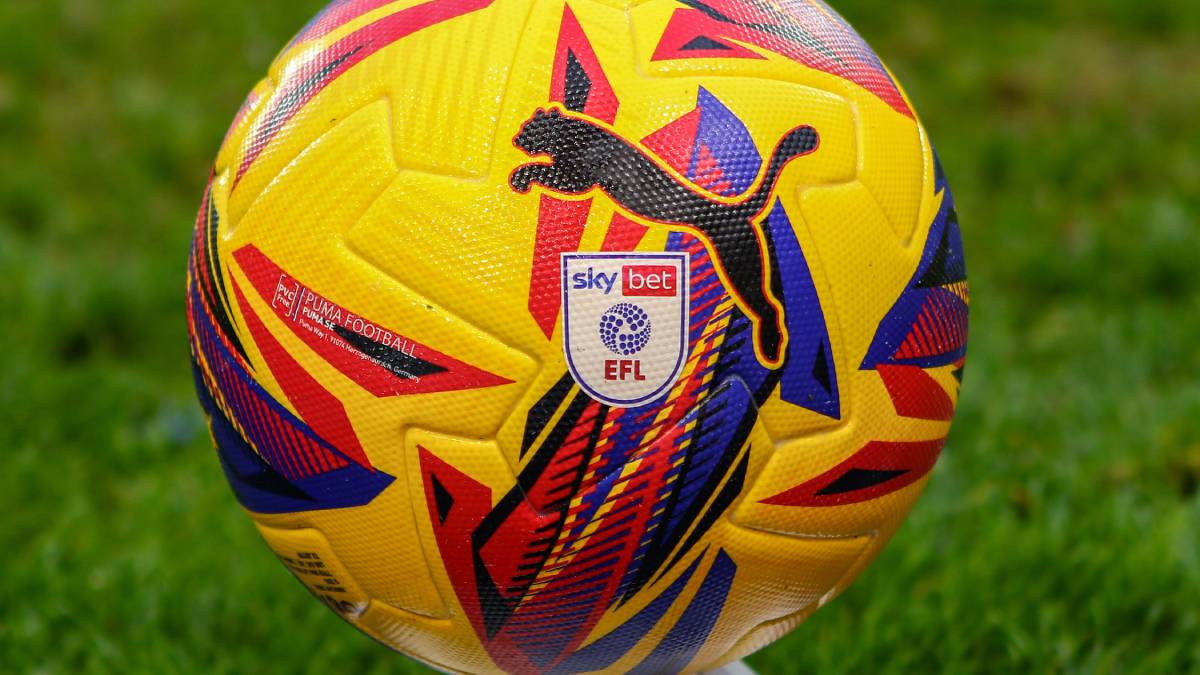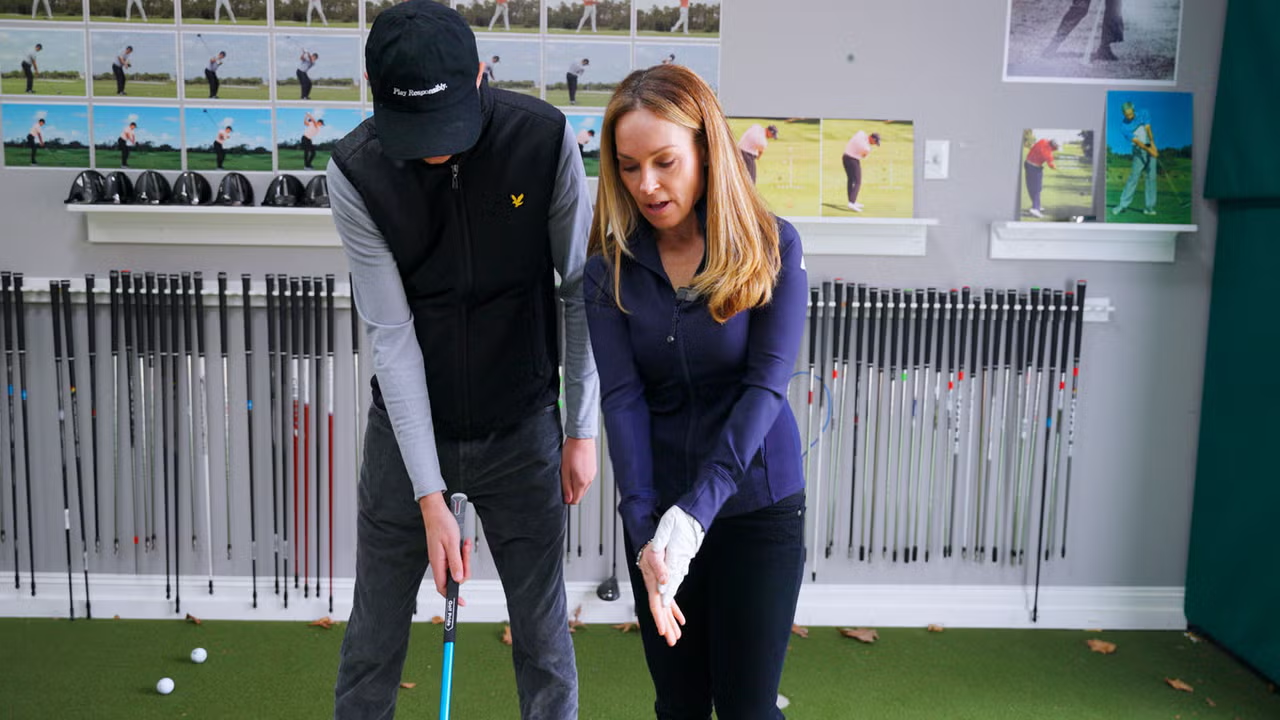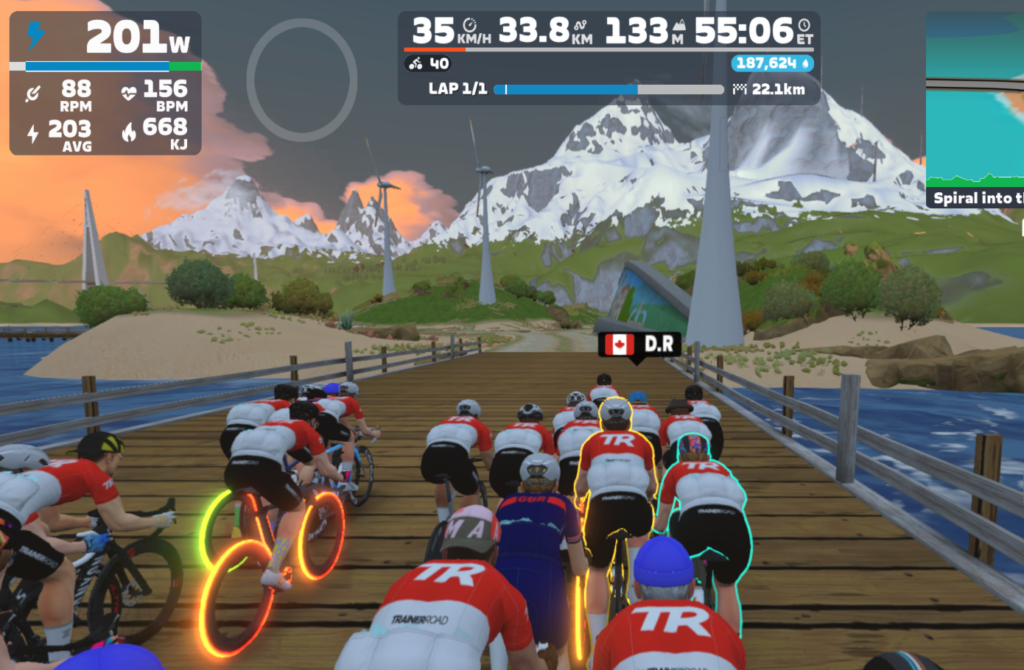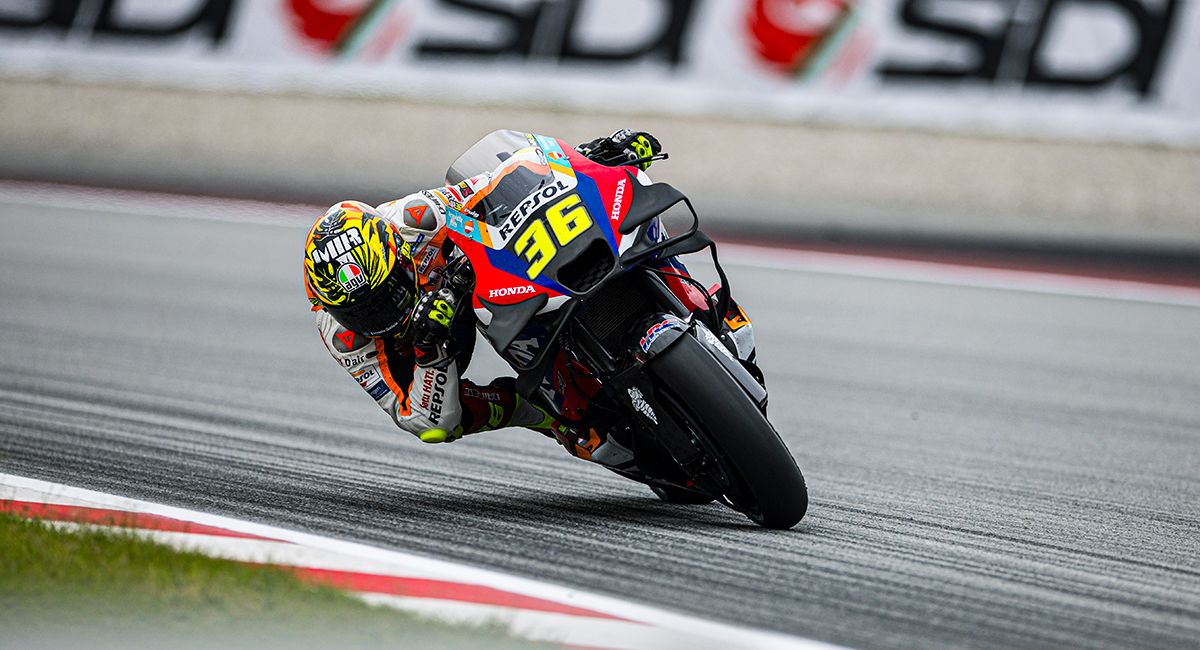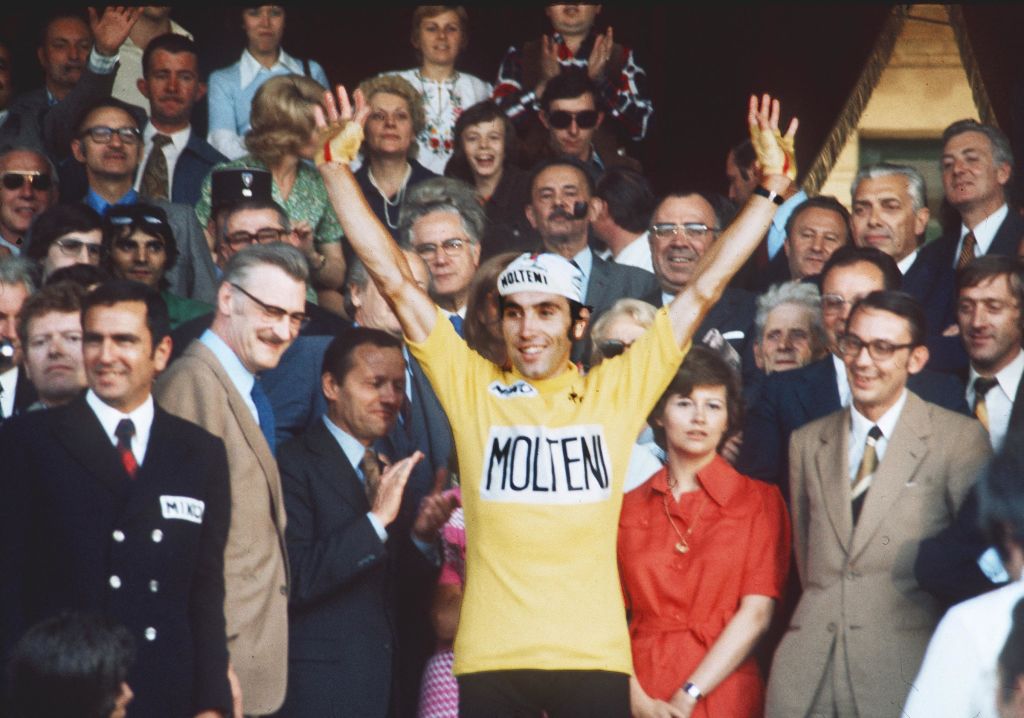All-time great Eddy Merckx has said that were he racing today, his ideal squad would be UAE Team Emirates-XRG.
80 years old today (June 17), Merckx revealed his team of choice in a special commemorative interview for Dernière Heure, containing 30 questions from 30 different sports stars to Merckx.
Amongst them were Jonas Vingegaard and Wout van Aert (both Visma-Lease a Bike), former Soudal-QuickStep manager Patrick Lefevere, arch-rival Bernard Thévenet, who ended his dominance in the Tour de France by defeating Merckx in the 1975 edition of the race, and Merckx’s own son – and former pro – Axel.
Blessed with an excellent memory, Merckx was happy to provide some intriguing answers about his own career, such as Thévenet’s question as to why he had helped a young Bernard Hinault beat Thévenet in the 1977 Dauphiné Liberé.
Merckx’s answer, when asked this by the Dernière Heure journalists on Thévenet’s behalf, was “That’s an easy one: because I still had un œuf à peler avec Thévenet” – in other words, a score to settle with Thévenet after his 1975 Tour de France defeat.
Merckx’s response to former Belgian World Champion and modern-day great Philippe Gilbert – ‘If you were a pro today and given your versatility as a racer, which team would you see yourself racing’ – was equally telling.
“I could have easily seen myself at UAE, like Pogačar,” Merckx said.
“It’s the best team in the peloton. It’s also the one where the norms are the clearest, with a team leader capable of shining on all the different terrains, lieutenants and teammates.”
Pogačar’s arch-rival Jonas Vingegaard (Visma-Lease a Bike) also provided a question about modern-day racing compared to Merckx’s time and what he would have liked to have had at his disposal back in his day. Merckx answered that “without any doubt,” he’d have liked ot have had the current equipment on offer.
“I raced the Giro d’Italia on a bike with ten gears,” Merckx said. “Now they have 24. And modern-day bikes don’t weigh anything at all. That’s a heck of a difference.”
Some former riders still apparently had scores to settle with Merckx, such as Roger de Vlaeminck’s pointed enquiry as to why Merckx hadn’t tried to help him win a World Championships. Merckx’s equally pointed answer was that he had in 1975, riding himself into the ground for De Vlaeminck during the race, but that at the point where it was up to his compatriot to go with the late attacks, “He didn’t do that.”
But at the same time, he told another retired rider, former Belgian Classics great Johan Museeuw, he would not be overly keen to form part of modern-day racing.
“No, not specially, I preferred cycling in my era. These days it’s all too programmed, too calculated. Some riders spend more time training than racing. Me, I liked competing too much [to do that].”
In the Dernière Heure interview, Merckx also paid tribute to the people without whom it would have been impossible for him to become a champion.
“First and foremost, my wife, of course. Then my manager, Jean van Buggenhout. My father-in-law was also very important at one point, he was a trainer during the World Championships in 1964.” – in Sallanches, France, where Merckx took the amateur road title, a landmark moment in his career.
After a career which no other rider has come close to imitating in terms of victories, although Tadej Pogačar is widely seen as following in Merckx’s wheeltracks – the question asked by Tom Boonen, another giant of Belgian cycling, was perhaps the most relevant of all. What was the secret to Merckx winning so many high-level races over such a long period of time?
“I always started a race with the ambition of winning it,” Merckx said. “For me, that was the logical state of mind to have. I had that mentality. I started from the principle that I had to show the rest that I was the best.”


